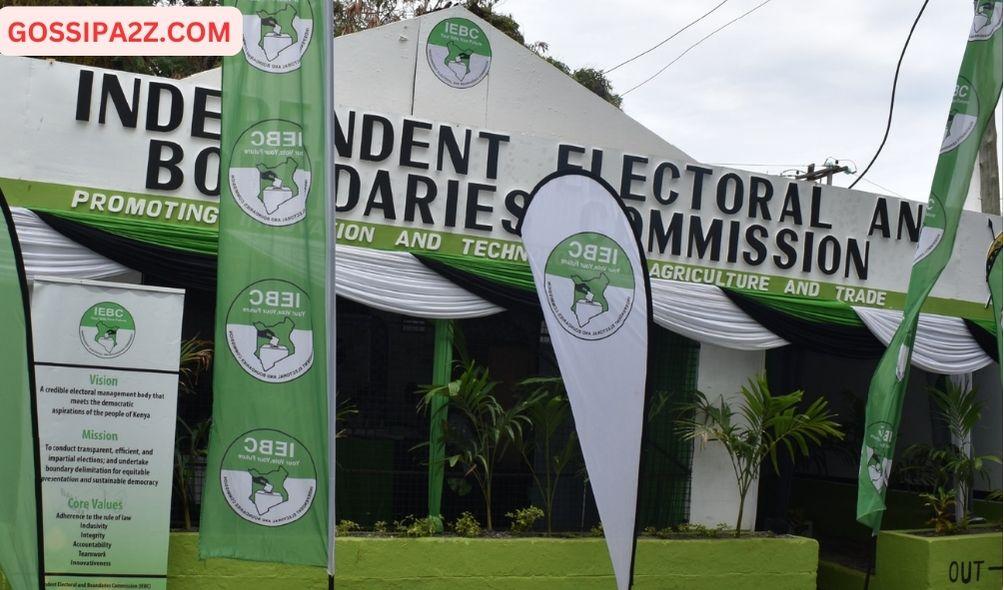Why the Govt Delays IEBC Reform Despite Kenyan Outcry
The government faces mounting pressure to reform the electoral commission less than three years before the general election, but significant hurdles are stalling progress.
On Saturday, Kenyans rallied on social media, launching a unique campaign urging the government to expedite the formation of a new electoral body.
Using the hashtag #appointiebcnow, hundreds expressed concerns, accusing the Kenya Kwanza Government of delaying the establishment of a fully operational IEBC.
However, two ongoing court cases have delayed the reconstitution process, leaving Kenyans waiting until January for any potential resolution.
In August, the Political Parties Disputes Tribunal (PPDT) issued a temporary injunction preventing President William Ruto from appointing a panel to select IEBC commissioners until a dispute over one nominee is resolved.
This injunction followed a legal case filed by Augustus Kyalo Muli of the National Labour Party, who accused Azimio la Umoja of attempting to remove him from the list of nominees. The National Labour Party insists Kyalo Muli was lawfully elected in July despite strong opposition from Ambassador Koki Muli, backed by Kalonzo Musyoka.
ALSO READ:
- Inside Job Exposed: Kenyan Prison Wardens Convicted for Orchestrating Daring Terrorist Escape
- Uganda Pulls the Plug: Nationwide Internet Blackout Ordered Days Before Crucial General Election
- African Elections Under the Spotlight as Zambia Turns to Kenya Ahead of 2026 Vote
- “Two Drug Barons in Cabinet?” Kenya Government Fires Back as Ex-Deputy President Sparks Explosive Drug Claims
- Kenyan Court Freezes Use of Private Lawyers by Government, Sparks Nationwide Legal Storm
A separate case filed in October by Boniface Njogu at the Kiambu High Court also contested the selection of nominees for the IEBC panel, citing inadequate representation of persons with disabilities.
This petition led to a High Court ruling by Justice Dora Chepkwony, who issued an order blocking the appointment process until the case is heard on January 25, 2025.
The unresolved legal battles are escalating fears of an electoral crisis, as Kenya has lacked a functioning electoral body for two years since the previous commission’s exit.
One critical responsibility of the IEBC, boundary delimitation, has been left unfulfilled. The task, initially scheduled for 2024, remains unaddressed due to the commission’s absence.
Additionally, three constituencies—Banisa, Ugunja, and Magarini—remain unrepresented in parliament, as by-elections cannot occur without a functional electoral body.
The lack of representation in these constituencies has stifled development, leaving them at a significant disadvantage.
Why the Govt Delays IEBC Reform Despite Kenyan Outcry
